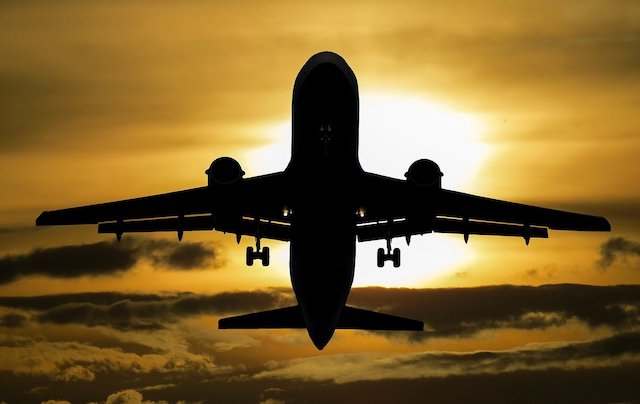The European Union has endorsed the most stringent travel ban in its history as more countries join the lockdown in efforts to contain Covid-19.
In an historic move, European Union leaders suspended all non-essential travel into the Schengen areas by non-EU nationals for a minimum of 30 days on Tuesday. The underlying reason behind the decisive move was to instil uniformity in the bloc and discourage unnecessary travel whilst the coronavirus pandemic continues.
Close to home, Nice Côte d’Azur officials have assured the public that the airport remains open to air traffic, despite the closure of Terminal 1 earlier this week. However, due to the travel ban, it is only accepting limited commercial flights. If necessary, it will also accommodate state flights, medical flights and diverted flights.
As for passengers coming into Nice, EU nationals, as well as those from the Schengen countries or the United Kingdom are still allowed to enter under certain conditions. Permanent residents and their families, medical workers, coronavirus researchers, diplomats and cross-border commuters are also exempt from the border lockdown.
Several countries, including France, had imposed border closures in advance of the EU order. Some countries, such as Estonia and Germany, were denying all travellers who were not their own passport holders entry. It has been widely thought that without a stronger containment policy, curbing the spread of the virus would be impossible. These new measures aim to do just that.
European Commission President Ursula von der Leyen has asked all member states to implement the new procedures immediately. She tweeted just after the announcement, “The less travel, the more we can contain the virus. Therefore, I propose to the heads of state and government to introduce temporary restriction on non-essential travel to the EU. These travel restrictions should be in place for an initial period of 30 days but can be prolonged as necessary.”
The news came just hours after European Parliament member and EU Civil Liberties Chair Juan Fernando Lopez Aguilar demanded coordination within the EU and spoke of the reestablishment of border controls between Schengen countries most affected by the disease.
“Many Europeans view the lack of coordination with concern. The capitals have been acting as the water reached their necks,” he said in an interview with El Pais. “There were countries that maintained free movement while others put restrictions. Some, where business normality has lasted longer. If the free movement must undergo alterations, it must be done in a coordinated manner. It is puzzling that the answer was fragmentary.”
Photo: Pixabay
Historic Europe-wide travel ban in place
